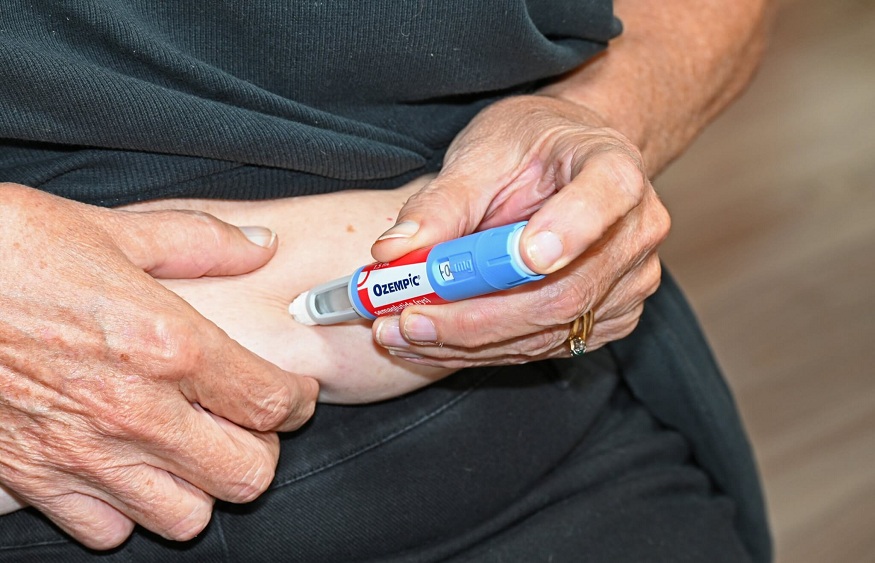Weight-loss surgery, such as gastric bypass or laparoscopic sleeve gastrectomy, can result in temporary hair loss for some patients, particularly in the months following the procedure. This hair loss is often a result of the body’s response to the stress of surgery and rapid weight loss, and can be a source of concern for patients. However, there are several steps that can be taken to minimize hair loss after weight-loss surgery:
Maintain a balanced diet:
A balanced diet that is rich in protein, vitamins, and minerals is essential for the health of hair, and can help to prevent hair loss. Patients should aim to consume adequate amounts of vitamins, especially biotin and iron, which are important for healthy hair growth.
For example, a patient who has undergone weight-loss surgery may aim to consume a diet that is rich in protein, such as lean meats, poultry, fish, and legumes, as well as adequate amounts of vitamins and minerals, such as biotin and iron, which are important for healthy hair growth. This patient may also aim to consume a variety of fruits and vegetables to ensure they are getting a wide range of vitamins and minerals.
Avoid rapid weight loss:
Rapid weight loss, especially in the form of crash diets, can increase the risk of hair loss. Patients should aim to lose weight gradually and in a controlled manner, as rapid weight loss can be stressful for the body and may contribute to hair loss.
For example, a patient who has undergone weight-loss surgery may aim to lose weight gradually by following a balanced diet and engaging in regular physical activity, rather than following a crash diet that could result in rapid weight loss. This gradual approach to weight loss is less stressful for the body and may reduce the risk of hair loss.
Manage stress:
Stress can have a negative impact on hair health, and hair loss may be a sign of stress. Patients should strive to manage stress through exercise, meditation, or other stress-management techniques.
For example, a patient who has undergone weight-loss surgery may aim to manage stress through exercise, such as yoga or walking, or through meditation or other stress-management techniques. This patient may also aim to prioritize self-care, such as getting adequate sleep and engaging in activities they enjoy, to reduce stress and promote overall well-being.
Use gentle hair care products:
Patients should use gentle hair care products, such as sulfate-free shampoos, to avoid damage to hair and scalp. They should also avoid excessive heat styling, such as blow-drying and flat ironing, which can cause damage to hair and contribute to hair loss.
For example, a patient who has undergone weight-loss surgery may aim to use gentle hair care products, such as sulfate-free shampoos, to avoid damage to hair and scalp. This patient may also avoid excessive heat styling, such as blow-drying and flat ironing, which can cause damage to hair and contribute to hair loss.
Consult a dermatologist:
If hair loss persists or becomes severe, patients should consult a dermatologist for further evaluation and treatment options. The dermatologist may recommend medications, such as minoxidil, or other treatments to help promote hair growth and prevent hair loss.
For example, a patient who has undergone weight-loss surgery and is experiencing persistent or severe hair loss may consult a dermatologist for further evaluation and treatment options. The dermatologist may recommend medications, such as minoxidil, or other treatments to help promote hair growth and prevent hair loss.
In conclusion, while hair loss after weight-loss surgery is a common concern, there are several steps that can be taken to minimize hair loss and promote healthy hair growth. Patients should aim to maintain a balanced diet, avoid rapid weight loss, manage stress, and use gentle hair care products. If hair loss persists or becomes severe, they should consult a dermatologist for further evaluation and treatment options.


